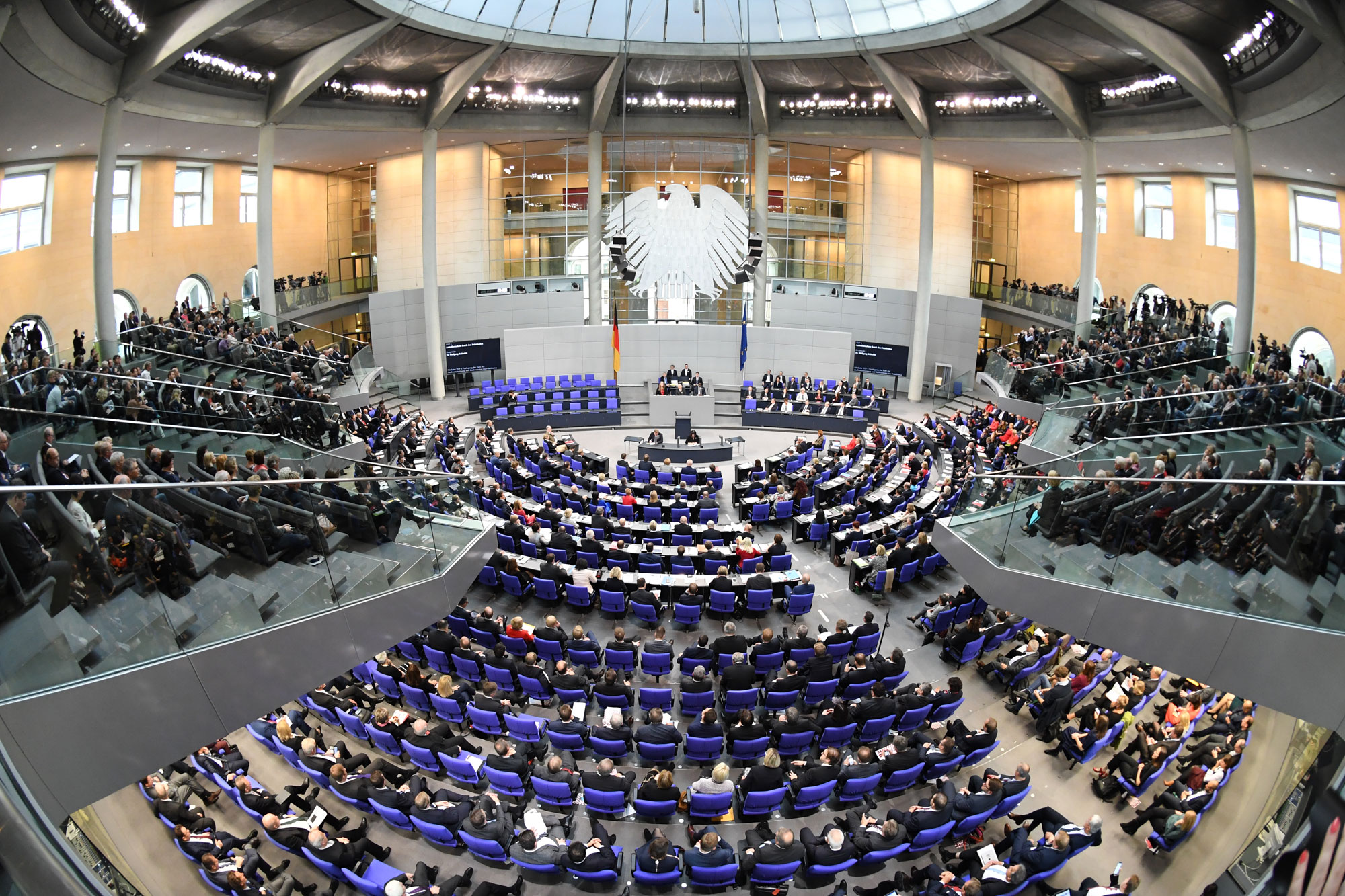Political Sarajevo, supported by parts of the international community, the High Representative, and the unconstitutional Constitutional Court of BiH, has been working for 29 years to reconfigure the constitutionally defined competencies of BiH without formally amending the Constitution, stated Professor of Constitutional Law Siniša Karan.
“Through such actions, they are shaping an unconstitutional and non-Dayton reality, which is entirely contrary to the principles of Geneva, New York, and Dayton, the principles upon which two entities and three peoples created BiH. This unconstitutional and unlawful approach disrupts the principles and balances of a multiethnic, federal, complex society, pushing toward the violent creation of an artificial, unitary-civic form of state organization in BiH, and establishing a predominantly Muslim state in Europe,” Karan said in a statement to Srna on the occasion of 29 years since the initial signing of the Dayton Agreement.
He emphasized that the 29th anniversary of Dayton is marked by the absurd and shameful politically motivated “court” trial against the President of Republika Srpska, Milorad Dodik, aimed at legitimizing a non-Dayton BiH.
“This trial is essentially a trial against Annex 10 and the Constitution of Republika Srpska, which Republika Srpska brought into the newly established federal BiH on November 21, 1995, and an attempt to undermine all principles of ethno-territorial representation of Srpska, as President Dodik is recognized as the greatest barrier in this regard,” Professor Karan pointed out.
He stated that the trial is essentially a political process before the unconstitutional Court of BiH against President Dodik, who was elected by the people and who, according to the Constitution, represents Republika Srpska.
“However, this is not just a trial against the President of the Republic but against the constitutional framework and position of Srpska within the complex state of BiH, aiming to determine the fate of the Serb people in this region. I have no doubt that the fact that Republika Srpska was constituted in 1992, while BiH only in 1995, deeply unsettles many within this unfortunate state union, but it is a historical fact that cannot and should not be ignored,” Karan stated.
He reminded that Republika Srpska was a state with full capacity between 1992 and 1995, with its own Constitution, territory, population, and organized government.
However, he added, the further state-legal status of Republika Srpska depended on the final resolution of BiH’s status.
“The Dayton-Paris Peace Agreement was a great compromise, establishing precious peace and a new complex federal state community of BiH, with three constituent peoples, recognizing Republika Srpska and the Federation of BiH as state-building entities with full internal sovereignty and limited external sovereignty,” Karan explained.
He stressed that the original Dayton Agreement incorporated Republika Srpska with its constitutional order established by the Constitution of Republika Srpska.
“The constitutional order of Republika Srpska comprises a system of bodies that independently perform their legislative, executive, and judicial functions. Srpska enacts its own laws, exercises judicial power through its courts, and implements laws and regulations through its executive authority,” Karan highlighted.
He explained that Srpska has original public authority, the power to make and enforce binding decisions without authorization from any third party.
He also noted that Srpska freely organizes its state structure and legal order.
“We must return to the original principles of the Dayton Agreement, which is the only framework in which BiH can function. The Dayton structure granted every people the right not to be dominated by others and ensured equality. This equality can only be achieved if all three peoples participate in governance with equal capacity,” Karan stated.
He concluded by asserting that the Serb people will respond with unity and all available legal means to preserve the constitutional-legal capacity of Republika Srpska, ensuring it remains the guarantor of their freedom.
Thursday, November 21, marks 29 years since the initial signing of the General Framework Agreement for Peace in BiH (Dayton Agreement) and its 12 annexes, ending the war in BiH and establishing its constitutional and legal order.
This agreement created a state community of BiH composed of two entities, Republika Srpska and the Federation of BiH, and three constituent peoples and others.
The Dayton Agreement was officially signed on December 14, 1995, at the Élysée Palace in Paris.
Source: RTRS








